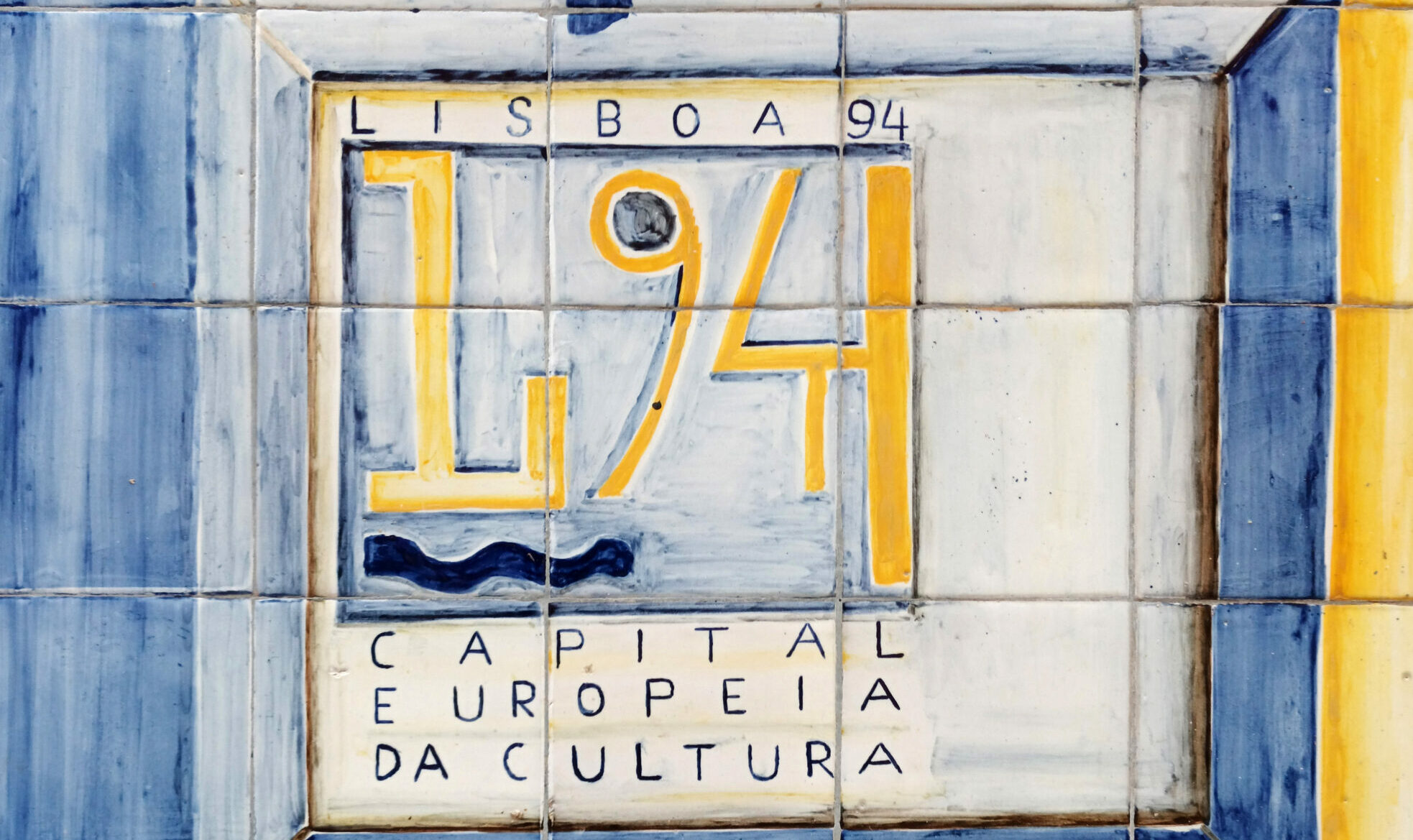The cultural sector is distinguished by its intrinsic creativity. Is it also characterized by its ability to innovate, that is, to generate value for the user? From an approach to the genesis, politics and the challenges of innovation in culture, this work analyzes nine cases from fields such as publishing, theatre, music and video games.
In today’s ever-changing economic landscape, innovation has become even more of a key factor influencing strategic planning. The current technological, social and political challenges pose an uncertainty scenario to organizations and cultural projects, since they need to develop strategies that allow them to continue promoting cultural proposals. On the one hand, managers must adopt and support the proposals of the creators, creating the conditions to turn their creations into available products to society. On the other hand, these proposals must connect in an attractive way with the increasingly eclectic and segmented audiences, in extremely competitive and internationalized markets. All this requires identifying their needs: observing and studying the environment, examining other long-established and/or emerging experiences, as well as the consumption habits, concerns and cultural interests of the various target audiences.
This volume will help the reader to recognize and seize innovation opportunities, will teach how to become a more innovative thinker, and how to lead and manage projects with innovation in the cultural field. The concept of business model gains prominence from the adoption of the open innovation model, in which the axis of the organization’s strategy moves from invention to commercialization. A business model requires a strong unique value proposition clearly expressing our product or service’s distinct selling points to potential customers. Values provide a source, lever and orientation to generate innovations with positive impact on the cultural field. Organizations that embrace and live by their values, through every channel and interaction with their audience, have a depth to them that makes interacting with them feel like a genuine and memorable experience.
We all know there are a lot of books out there that cover innovation, and how to do it well. What really sets “La innovación en la gestión de la cultura” apart is its specific focus on the creative and cultural industries and how it is structured. We have divided the book in two parts: (1) concepts and strategies and (2) experiences. The first one is formed by four chapters which describe all the main concepts, theories, perspectives and the evolution of innovation practices in cultural sector. In the first chapter, González-Piñero covers all the discourses used in the debate on innovation in culture, highlighting related key concepts such as value generation or the cross-fertilization of knowledge and technologies, showing how to apply these concepts through real and possible experiences. Bonet’s second chapter opens a reflection on the innovative role of cultural management, in its most frequent models and typologies. He proposes four fields where innovation can occur: in artistic content, in the creation of meanings, in functionalities and format, and in business and management models. The thirds chapter by Torrens focuses on the policies and practices that can and do contribute to innovation with public value. In the chapter that closes the first conceptual part of the book, Mestres takes into account the singularity of the territorial and temporal context, and consequently exposes nine major social trends that condition innovative development in the field of culture.
In the second part, the book presents nine unique experiences, which are valuable both from the perspective of specific case analysis as well as from a comparative view to better understand the different innovation strategies in the field of culture management. The first experience, led by Gruffat, presents the example of Red Panal (Argentina), a platform for making and sharing free and collaborative music online. The second case, written by González-Piñero, presents Microteatro por Dinero (Madrid, Spain). This successful performing arts experience explores and proposes new limits of the theatrical experience in relation to the public. The third case, analyzed by Bollo and Niessen, exposes the experience of Liberos (Italy), a peer-to-peer social network that innovatively organizes agents from the entire value chain of the publishing industry. Later, de Gregorio presents Codetickets (Catalonia, Spain), a project born from a clear need of concert promoters that consists in an integrated ticket sales and data system. The fifth case, analyzed by Maccari, is the Centro Rural de Arte (Argentina), a collective dedicated to generating artistic projects in rural contexts. Schargorodsky shows us the experience of two social projects such as Sonidos de la Tierra and the Orquesta Cateura (Paraguay), where through classical music they try to train good citizens and reduce poverty. The seventh case is FiraTàrrega (Catalonia, Spain) by Bonet who presents a complex project around street performing arts in a town in the interior of Catalonia that brings together more than 150,000 people for four days. The eighth case is Social Point (Catalonia, Spain), responsible for Dragon City, one of the most successful video games in the world; this is the largest organization in Spain dedicated to mobile video games and the case is analyzed by Granados and Pareja. Finally, Calvano and Carnelli analyze the emblematic case of audience empowerment of the TakeOver festival, promoted by the York Theater Royal (United Kingdom) where the full responsibility for programming, management and realization of a performing arts festival is delegated to a group of youth under 26-year-old.
About this book:
Bonet, L., & González-Piñero, M. (Eds.). (2022). La innovación en la gestión de la cultura. Reflexiones y experiencias. Edicions de la Universitat de Barcelona.
About the authors:
Manel González-Piñero is head of innovation at CREB UPC, and teaches innovation and cultural management at the University of Barcelona and the Higher Music School of Catalonia.






